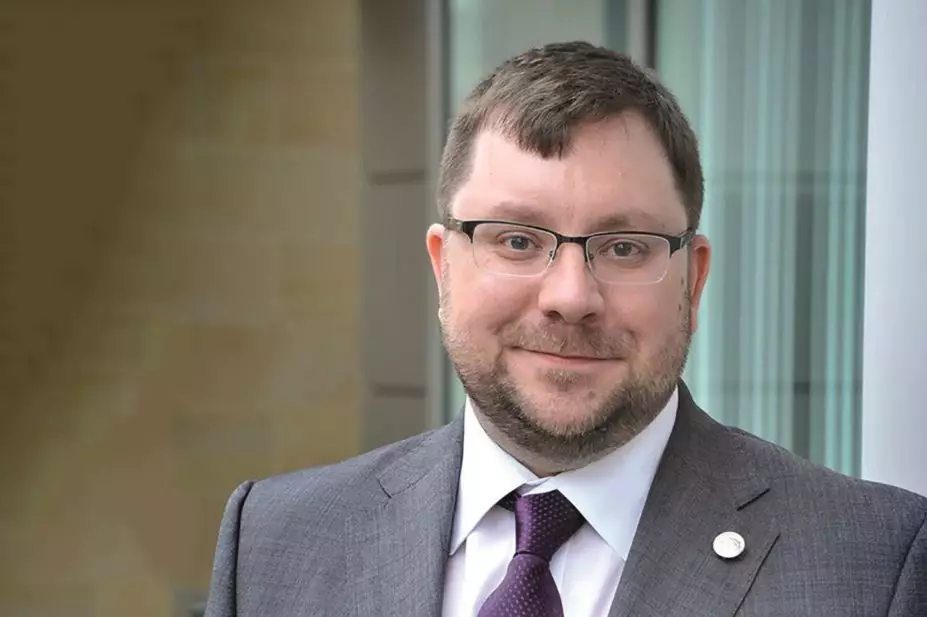
Royal Pharmaceutical Society
Pharmacists in Scotland could face being “swamped with work” under the expanded Pharmacy First scheme, which is due to launch in April 2020, the chair of the Royal Pharmaceutical Society (RPS) Scottish Pharmacy Board has warned.
The scheme, which first launched in November 2017, enables pharmacists to give patients with uncomplicated urinary tract infections or impetigo access to treatment in their community pharmacy.
However, from April 2020, Pharmacy First will be combined with Scotland’s minor ailments scheme, offering patients advice and treatment for a range of minor conditions from all pharmacies in the country.
Speaking during a Health and Sport Committee evidence session held on 4 February 2020, Jonathan Burton, chair of the RPS Scottish Pharmacy Board, told members of Scottish parliament that while he is “excited” for the new service, “there is also the risk that we will be swamped with work”.
Speaking to The Pharmaceutical Journal, Burton said that pharmacy teams “are under a significant amount of pressure to deliver an increasingly wide and complex range of services to patients”, but added that he believes the expansion of Pharmacy First “is the correct direction of travel for community pharmacy practice”.
However, he said it was “vital that the messaging to the public around Pharmacy First is put in the context of appropriate self-care”.
“As a profession, we need to work to ensure referrals from other parts of the NHS, such as GP practices and NHS 24, are suitable for our community pharmacy teams to manage,” he added.
“It’s likely that the range of acute conditions we assess and treat in community pharmacy will expand, and I have experienced both the immense professional satisfaction and also the additional pressures this brings as an independent prescribing pharmacist offering an extended walk-in clinic in my pharmacy.
“The careful expansion of our role is to be welcomed, but it’s vital our pharmacists and their teams are appropriately resourced and supported in future to fulfil this laudable goal,” he continued.
A webinar published by Community Pharmacy Scotland (CPS) on 4 February 2020 said the Scottish government has committed to spending £10m over three years on the expanded scheme, alongside just under £21m from CPS.
CPS said that all pharmacies would receive the same base payment in the first year of the scheme, with additional funding available to pharmacies with activity that “exceeds a set level” that has yet to be determined.
Kathleen Cowle, a board member at CPS, explained in the webinar that the base payments would decrease over the course of three years, while the additional activity-based funding would increase “as we’re able to record more activities and understand the workload that’s involved”.
Pharmacists currently offering the Pharmacy First scheme have been paid £20 “per activity” since July 2019, when a transitional period was implemented ahead of the roll out of the expanded scheme.
CPS had negotiated with the Scottish government for a service-based remuneration model, arguing that this would recognise pharmacists’ clinical expertise and the time devoted to each consultation.


